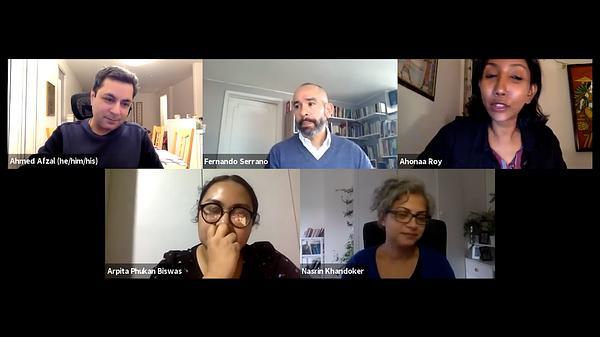Would you like to see your presentation here, made available to a global audience of researchers?
Add your own presentation or have us affordably record your next conference.
keywords:
business anthropology
india
sexuality
How can purportedly ‘queer-friendly’ corporations be said to govern gender and sexuality in the global South? And how can our understanding of the relationship between capitalism and sexuality be reconsidered when private organizations, rather than the state, become the most proximate manifestation of power with which individuals and collectivities interact? Moving away from ‘state effect,’ this paper aims to answer the how of corporate governance of gender and sexuality by providing an anatomy of an emergent social movement aiming to promote LGBTQ diversity and inclusion (D&I) in Indian workplaces. Drawing on 16-months of participant observation and semi-formal interviews with D&I advocates in the information technologies industry in Bengaluru, India, this paper utilizes theories of performative economics and critical branding studies to argue that the production of ‘queer value’ is central to being recognized by the sexually ethical corporation. As LGBTQ workplace inclusion becomes increasingly mainstreamed among transnational corporations and international organizations like the World Bank and United Nations, those companies promoting LGBTQ D&I open new channels of recognition, support, funding, and the promise of mobility away from headquarters and across production networks. While geopolitical studies of sexuality, such as homonationalism, instruct us as to how semiotic assemblages can produce places and people as backward, I argue that while sexually ethical corporation similarly maps geographies and people, ethnographic inquiry into this mapping provides a nuanced view of how actors gain resources from global capital and find means of resisting and refusing these same structures of recognition.

